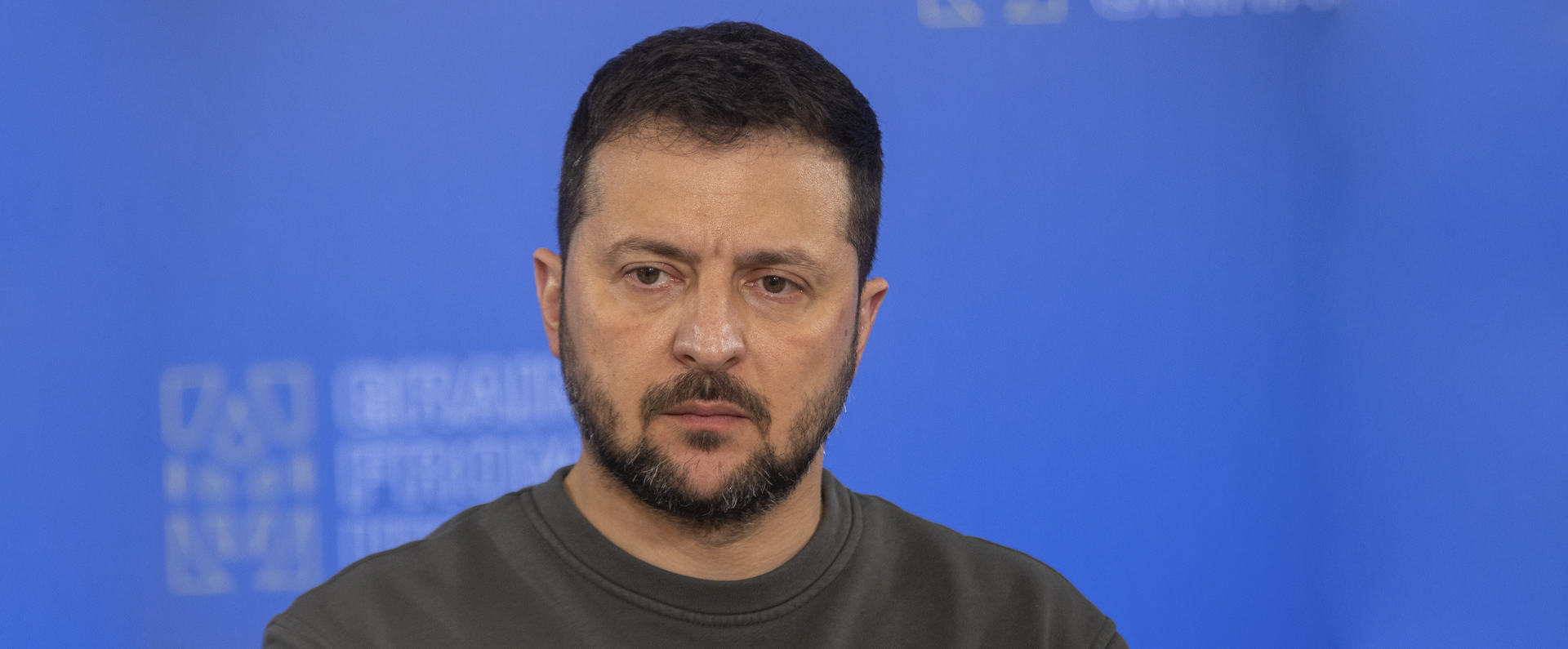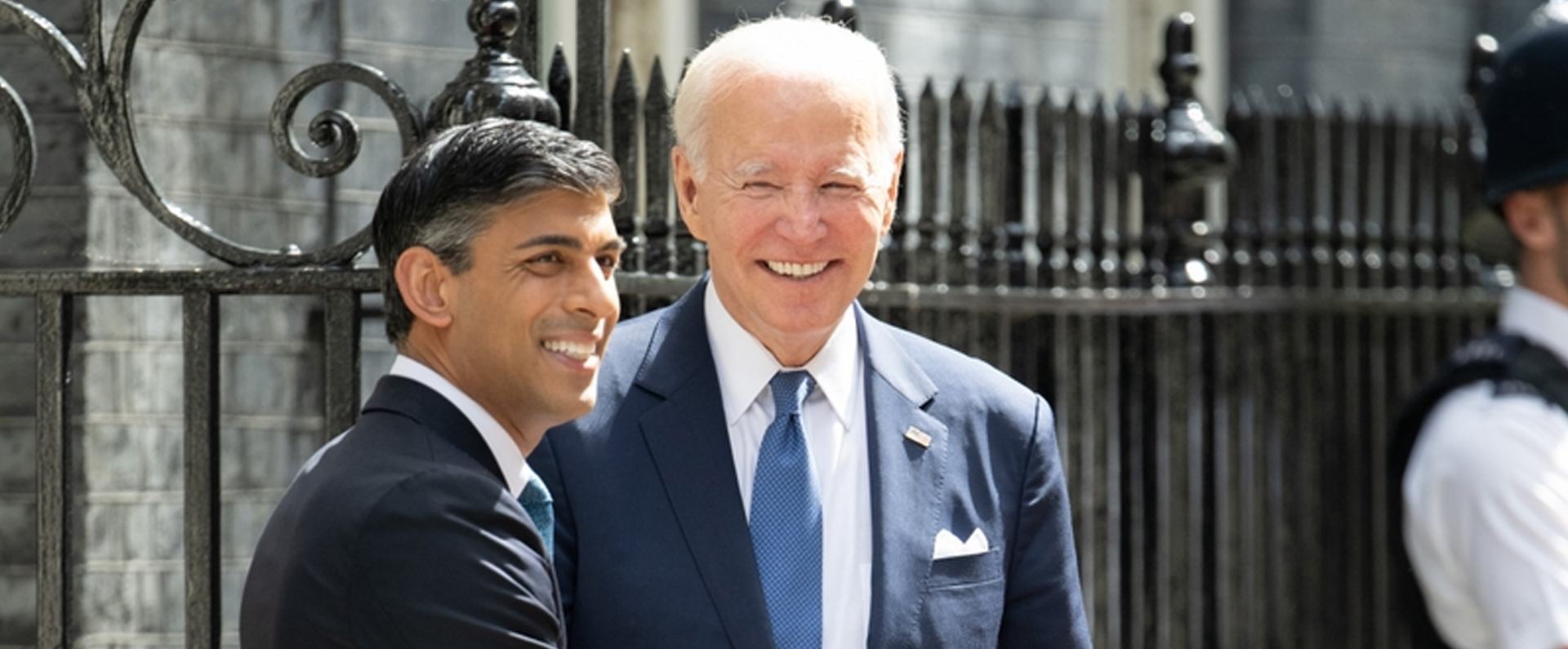
Published on ConservativeHome.com on 30 November 2018.
I first visited Tanzania aged six. My father was a colonial civil servant so we were living in Malawi, then called Nyasaland and a wonderful place for a child such as me to grow up. We were heading home on leave, taking the ship to Tilbury, and so travelled through the bustle of Dar Es Salaam, enabling my dad to meet up with some colleagues. The city seemed an amazing, exotic place through my young eyes, with its thriving port and throng of cultures.
Since those far-off days, the east African nation has been comparatively stable, economically sluggish but avoiding the coups, ethnic conflicts and free expression clampdowns that have blighted too much of the continent over recent decades. No longer. A former schoolteacher called John Magufuli won the presidency three years ago, then sent it sliding down a wearily-familiar path into repression. As The Economist put it earlier this year, he is “fast transforming Tanzania from a flawed democracy into one of Africa’s more brutal dictatorships”.
Magufuli, nicknamed ‘The Bulldozer’, took over hopes that he might crush the curse of corruption. Instead, he is ripping apart the fabric of freedom and democracy amidst deteriorating human rights within his nation of 56 million people. Business are bullied by tax officials, investor confidence has crashed, the media is muzzled, political rallies prohibited and opponents disappear. Even bloggers are targeted with a yearly charge costing more than Tanzania’s average annual income. In another alarming incident, a henchman announced the creation of ‘surveillance squads’ to seize homosexuals, who can face up to 30 years in jail – a move that led the United States to warn its own citizens to take care in the country.
This is depressing for a place that had largely escaped some of Africa’s worst political problems. But Tanzania shows again the fallacies of patronising Western aid policies that pump huge sums of money into poor nations with too little regard for realities on the ground. Our politicians love to boast of boosting democracy and ending poverty as they spend billions taken from taxpayers on their pet projects around the world. Yet, as economists point out, such interventions can shore up the rent-seeking elites and corruption that corrode democracy, civil society and wealth creation, who focus on foreign donors rather than tackling needs on the ground.
Tanzania has long been a donor darling. It is, after all, next door to the aid capital of Kenya, filled with all those foreigners in swish white jeeps and subsidised housing that love to lecture the rest of us on development. So it was handed about £20 billion between 1990 and 2019 as it shifted from benign one-party Socialism into a multi-party democracy, making it the second-biggest recipient of foreign funds on the continent after Ethiopia. Big chunks came from Britain. Yet even before Magufuli took power, there were warnings from experts that donor interventions were having ‘unintended consequences’ on issues such as accountability.
Despite the worrying repression, Britain still hands over £153 million a year to Tanzania as the aid budget soars. One-third goes directly through the government, according to the Department for International Development, with its usual hollow talk about ‘zero tolerance’ for corruption. Yet four years ago, Western donors suspended hundreds of millions of pounds in general budget support after it was revealed that ministers had stolen up to $180 million from the central bank, using energy company escrow accounts. Tanzania fails to dent the top 100 in Transparency International’s corruption perceptions index of nations.
Britain has its own creaking public services. Yet our political masters say we must give away about £14 billion this year to hit that controversial target of donating 0.7 per cent of national income. So Magufuli can talk about ‘harmful effects of birth control’, ban advertisements, close AIDS clinics and attack women using contraception as ‘lazy’, but we none the less donate £45 million for promotion of family planning in his nation. Even the World Bank, hardly renowned for its moral leadership, suspended a £230 million loan after Tanzania banned pregnant girls from school and made it a crime to question official data (although it still backs other schemes there worth almost £3 billion).
Earlier this month, Denmark – Tanzania’s second-biggest donor – announced it was withholding £7.5 million of aid due to concerns on human rights abuses and homophobia. ‘I’m very worried about the negative developments in Tanzania,’ said Ulla Tornaes, its development minister. Canada admits to being in a ‘dilemma’ over following suit. The European Union has withdrawn its ambassado,r and is reviewing aid projects along with all its member states. ‘Respect for human rights and the rule of law has been repeatedly undermined,’ it said in a statement.
Britain – hiding behind the EU cloak despite Brexit, strong historic links and being such a key donor – has kept pretty quiet. Yet amid this tragic descent into despotism and bigotry, among the projects we fund is a £14 million scheme claiming to strengthen ‘democratic institutions and governance in Tanzania.’ As seen so often in the back-scratching aid sector, this programme intending to promote ‘more inclusive and accountable institutions’ has won A-grade reviews. It is one more example of how Western donors can be so blind to the bigger picture, focusing on well-meaning projects while ignoring obvious events swirling all around them.
Sadly, aid can have corruptive effect, as seen in this fine country, where a tide of foreign cash only served to shore up corrupt and now repressive leaders. Clearly the cash failed to solidify weak institutions. Tanzania shows the dangers of aid fungibility, when funds designed to help the poor and oppressed end up doing the precise opposite by severing the bond between government and the governed. ’That contract is deeply undermined if the government never has to raise any revenue, does not have to generate any services for its people, because essentially all it has to do is play games with the aid agencies,’ said Angus Deaton, the Nobel-winning British economist and poverty expert.
It was another brilliant British economist who defined foreign aid in 1975 as ‘a transfer of resources from the taxpayer of a donor country to the government of a recipient country.’ Peter Bauer also famously pointed out that decent governments did not need aid while it would not work in places where there was bad leadership. Yet still today our politicians ignore his wise words, as they brush aside the growing mountain of evidence that so much of their aid has failed to achieve its stated aims.
Is it any wonder Western electorates have lost so much faith in leaders when you look at the tragic failures of aid and this contempt for clear evidence? Look at how Westminster colludes across tribal divisions to divert billions taken from taxpayers at home to assist some of the most appalling leaders abroad, enriching those at the top while worsening life for those at the bottom of impoverished societies. This is little more than a con trick, cheered on by charities and consultants growing rich from the largesse. Sadly, Tanzania is now a casebook study in the bulging textbook of aid failure.



